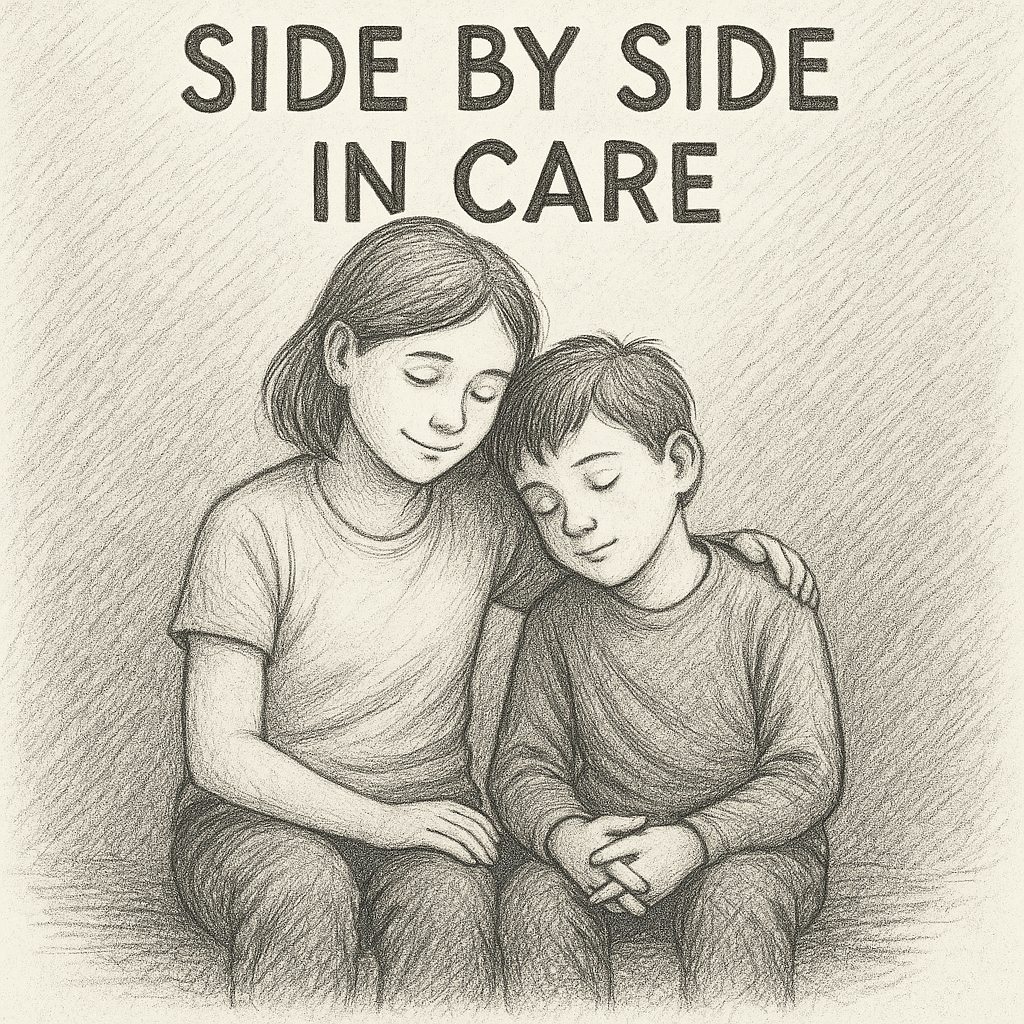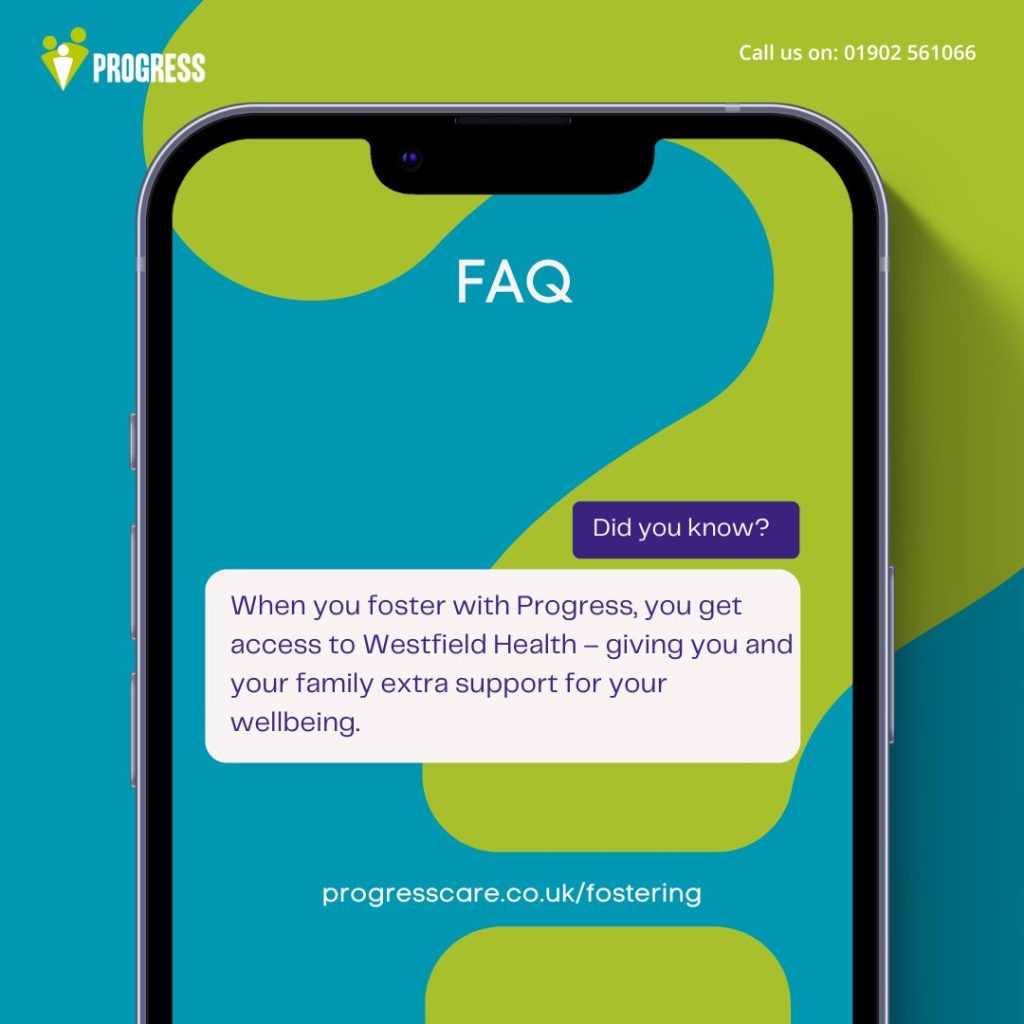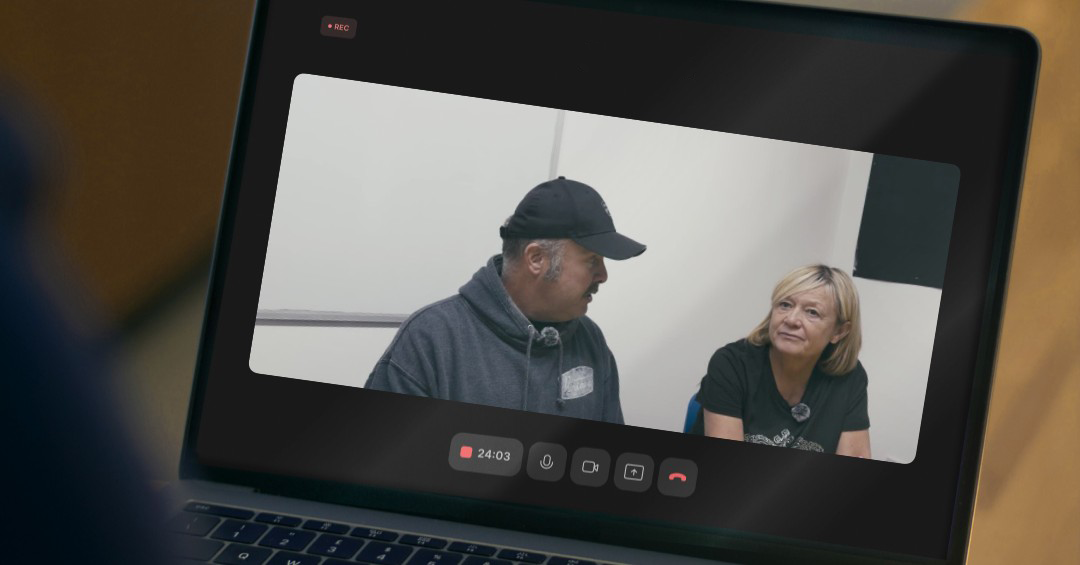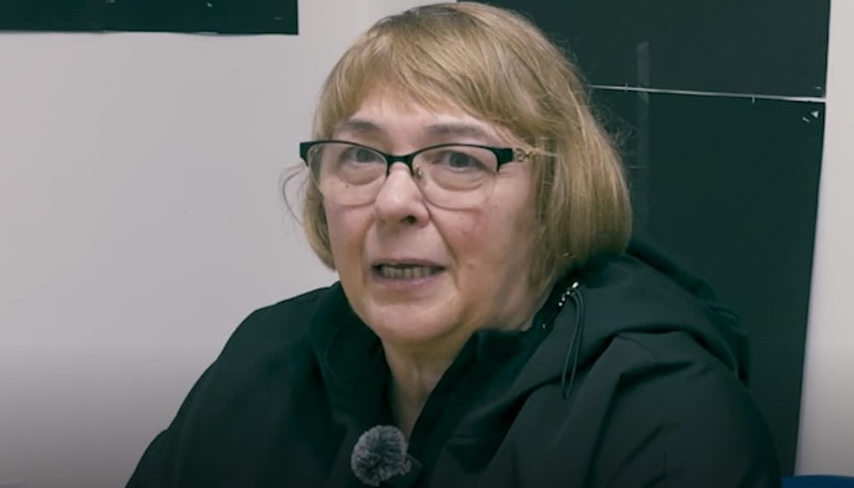When children come into care, they often lose so much at once. Their home, their daily routines, sometimes even their sense of who they are. In the middle of that upheaval, one relationship can make all the difference: the bond they share with their brothers and sisters.
Carla, who works therapeutically with children and foster carers at Progress, explains why that bond matters so deeply. “From the womb, especially with twins, children are together,” she says. “That togetherness gives them comfort and stability, even when everything else in their lives feels uncertain.” A sibling can be the difference between feeling completely abandoned and feeling anchored to something familiar.
At Progress Hilton House, Residential Manager Josh has seen this bond in action. Twin sisters, just seven years old, arrived there with significant communication difficulties. They came into residential care because there were no specialist foster carers available who could care for them together. Living side by side, supported by staff who took the time to understand them as individuals as well as siblings, their progress has been remarkable. “Both of them have come a long way with speech and language,” Josh says. “A big part of that is just being in an environment where people are constantly talking, laughing, chatting. They’re surrounded by it. And because they’re together, they’ve had the confidence to try. We’ve seen the difference, and so has their family and their school.”
Keeping siblings together does not mean treating them as one. At Hilton House, the sisters now have separate bedrooms, a change from their earlier placements. That shift has helped them flourish. “They still see each other every day, but now they also do things separately,” Josh explains. “One might go out on a group activity, while the other does something different. It’s allowed their personalities to grow in ways we might never have discovered if they’d always been kept side by side.”
This is not an isolated story. In another Progress residential home, a pair of twin boys are also living together for the same reason: there were no foster carers able to offer them a place side by side. Residential has given them stability, the chance to grow and develop, and the assurance that they won’t be separated. But we are clear—residential is not their final home. It is a stepping stone. The goal is always to help children transition into long-term foster homes where they can flourish together as part of a family.
This balance—honouring the sibling bond while celebrating individuality—is at the heart of Progress’s approach. It is why birthdays are marked separately, why memory boxes are filled with personal as well as shared keepsakes, and why staff are careful to call children by their names rather than “the twins” or “the siblings.” Small things, but they send a powerful message: you matter, as part of a family and as yourself.
There are challenges too. Trauma can sometimes mean that one sibling’s behaviour triggers painful memories for another. But even these moments can be used to teach and heal. Staff guide children through “rupture and repair,” showing them that arguments do not always mean the end of a relationship. “Many of our children have never learnt that things can go wrong and then be put right again,” Carla says. “When they learn that with a sibling, it gives them hope for other relationships too.”
The difference it makes is clear. Carla remembers another twin brothers who grew up within Progress services, moved into foster care, and now live together in supported living as young adults. There was a time when separating them was considered, but extra support kept them side by side. “They are living proof of how powerful it is when siblings stay together,” she says.
None of this happens without dedicated carers and staff. It takes patience, energy and creativity to meet the needs of siblings, each with their own personalities and histories. Josh has seen how new team members can bring fresh ideas and fresh ways of connecting. “What matters most is energy and passion,” he says. “These children need to be busy, engaged and understood. When staff put in that effort, when they try new things, you can see the positive influence straight away.”
For children who have already lost so much, keeping hold of their sibling can be life-changing. They are witnesses to each other’s past, carriers of shared memories, and often the one bond that survives every move. Protecting that bond means protecting hope.
Or as Carla puts it: “A sibling bond is unique. It’s blood, history, identity. When we protect that bond, we give children more than comfort, we give them hope for the future.”
Are you—or do you know someone—who could offer a long-term home to children currently living in residential care? Your home could be the place where siblings not only stay together, but truly thrive. Get in touch with us today. Visit progresscare.co.uk/fostering or call us on 01902 561066










